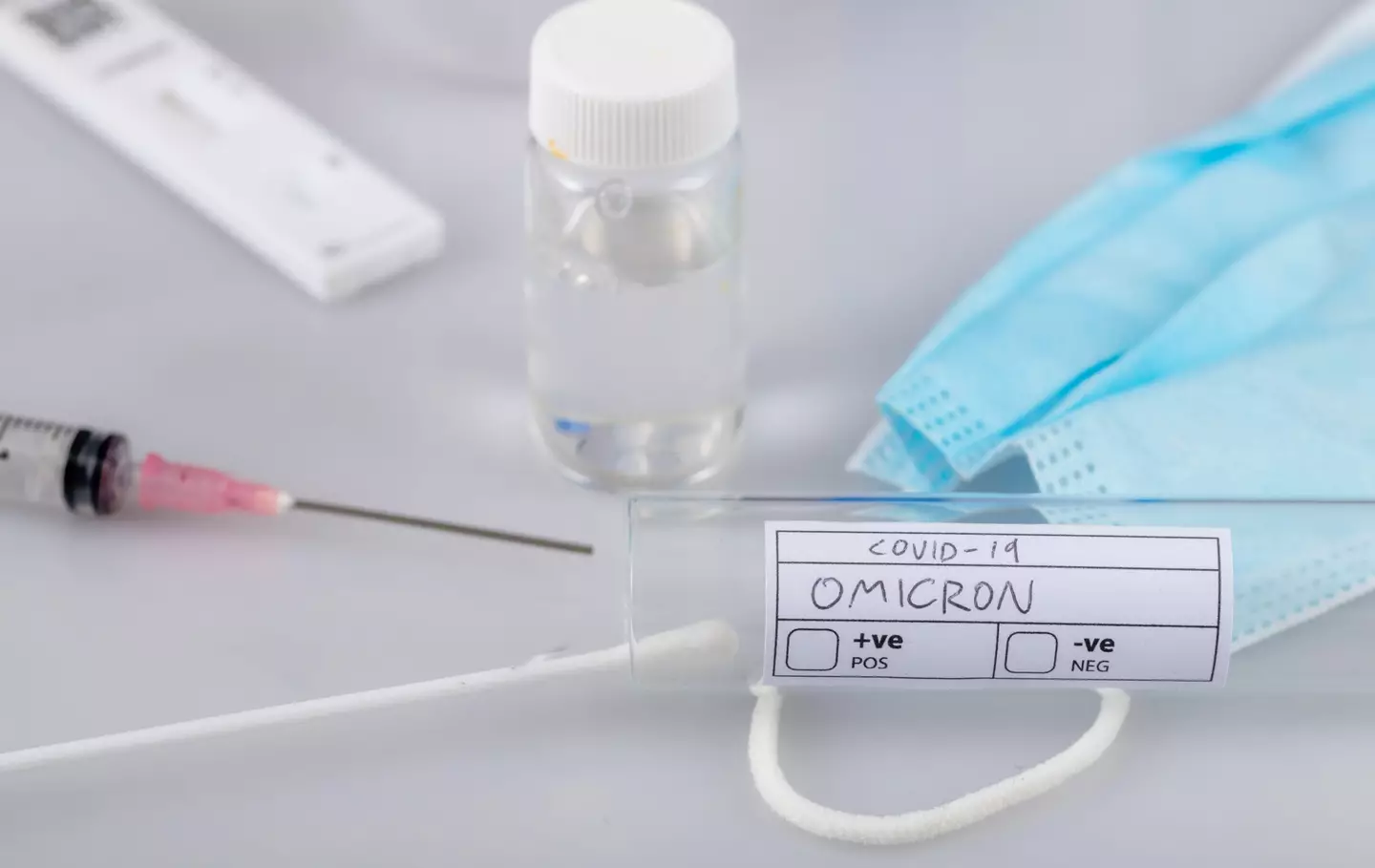.png)
.png)
UK experts are investigating 426 cases of a strain of the Omicron variant.
We've had Covid variants from Delta to Omicron causing problems with attempts to build up immunity and move beyond the pandemic, but now there could be something else to look out for.
The UK Health and Security Agency (UKHSA) is monitoring a 'subvariant' of Omicron, which is currently the dominant strain of the coronavirus in the country, and has marked it as a 'variant under investigation', which is a level of severity below 'variant of concern'.
Advert
The subvariant, BA.2, appears to have a few differences from its predecessor, Omicron (BA.1), which makes it much tougher to detect, hence why it has been labelled 'Stealth Omicron'.

While the Omicron variant was easy to track and detect because the lack of a spike gene made it stand out on PCR tests, Stealth Omicron does not have this trait, and thus is much harder to immediately identify when searching for variants.
As per The Independent, Dr Tom Peacock said he would 'not be surprised' if Stealth Omicron replaced Omicron as the dominant strain of the virus over the coming months, though he stressed that this shift was unlikely to cause another wave of infections, as the shift from Delta to Omicron had done.
Dr Meera Chand, covid incident director for the UKHSA, said a variant of the Omicron variant was not unexpected as viruses are constantly evolving, and explained that there is 'insufficient evidence' to judge whether the subvariant is more deadly.
She confirmed that more data was needed, and that it would be a week or two before they could draw more accurate conclusions.

The World Health Organization says that around 8,000 cases of Stealth Omicron have been identified in more than 40 countries around the world, with cases of the new subvariant also cropping up in the US, Germany, Australia and India.
Across the UK, 426 cases of Stealth Omicron have been discovered since the new strain was first given a separate designation last month. That figure may seem small, but the actual number is likely to be much higher, as not everyone who catches covid is tested and only a small fraction of people are tested to see whether they have a variant of the virus.
If you have a story you want to tell, send it to UNILAD via [email protected]
Topics: Coronavirus, Omicron